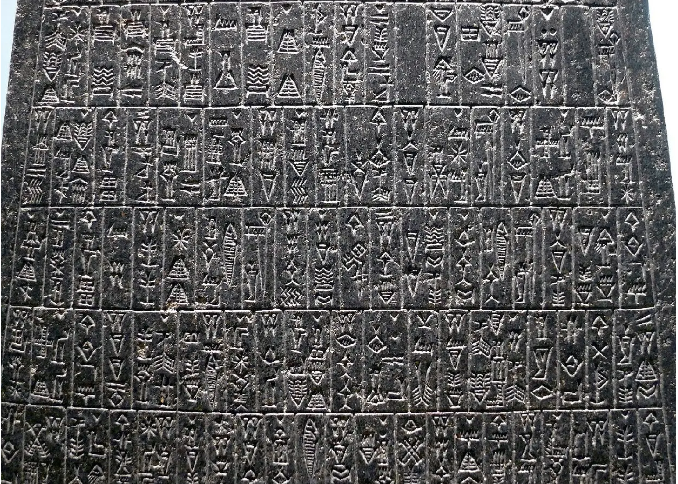
ARCHAEOLOGISTS USE ARTIFICIAL INTELLIGENCE (AI) TO TRANSLATE 5,000-YEAR-OLD CUNEIFORM TABLETS
A TEAM OF ARCHAEOLOGISTS AND COMPUTER SCIENTISTS HAVE CREATED AN AI PROGRAM THAT CAN TRANSLATE ANCIENT CUNEIFORM TABLETS INSTANTLY USING NEURAL MACHINE LEARNING TRANSLATIONS.
In a paper published in the journal PNAS Nexus, from the Oxford University Press, the researchers have applied the AI program to translate Akkadian texts with a high level of accuracy.
Akkadian is an ancient East Semitic language, was once spoken in various regions of ancient Mesopotamia, including Akkad, Assyria, Isin, Larsa, Babylonia, and possibly Dilmun.
The language is preserved on clay tablets dating back to 2500 BC that was written using cuneiform, a script adopted from the Sumerians using wedge-shaped symbols pressed in wet clay.
According to the researchers: “Hundreds of thousands of clay tablets inscribed in the cuneiform script document the political, social, economic, and scientific history of ancient Mesopotamia. Yet, most of these documents remain untranslated and inaccessible due to their sheer number and limited quantity of experts able to read them.”
The AI program has a high level accuracy when translating formal Akkadian texts such as royal decrees or omens that follow a certain pattern. More literary and poetic texts, such as letters from priests or tracts, were more likely to have “hallucinations” – an AI term meaning that the machine generated a result completely unrelated to the text provided.
The goal of the neural machine translation (NMT) into English from Akkadian is to be part of a human–machine collaboration, by creating a pipeline that assists the scholar or student of the ancient language.
Currently, the NMT model is available on an online notebook and the source code has been made available on GitHub at Akkademia. The researchers are currently developing an online application called the Babylonian Engine.